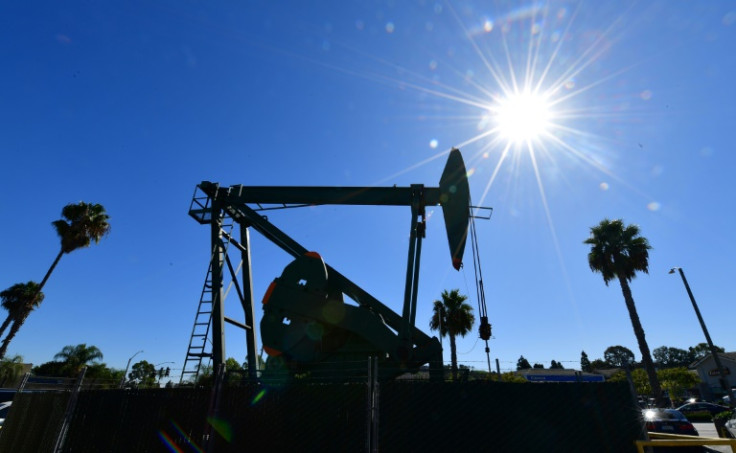
Escalating tensions between Israel and Iran have sent global oil markets into turmoil, driving Brent crude prices to a peak of $78.50 per barrel, the highest since January, following an Israeli strike on Iran. Prices surged by $4.68 from the previous day, settling at $74.04. Iran's threats to close the Strait of Hormuz, a vital chokepoint for one-fifth of the world's oil supply, have heightened fears of a global energy crisis.
A potential closure of the Strait could disrupt millions of barrels of daily oil shipments, pushing Brent crude prices to $120 per barrel from the current $77. Such a spike would ripple through global economies, inflating fuel costs and impacting sectors from transportation to food production. Analysts warn that targeting Iran's oil production and export facilities could drive prices to $80-$100 per barrel, leading to historic pump price increases in import-dependent nations like Turkey and Spain.
The conflict has already caused a 13% rise in Brent crude prices, exacerbating inflationary pressures and threatening global economic growth. Some investors are shifting to safe-haven assets like gold, which has risen in value. Russia, despite its own economic challenges, could benefit from higher oil revenues, with each $5 price increase boosting export earnings significantly.
Global stock markets have reacted, with the Dow Jones Industrial Average dropping 1.79% amid broader economic concerns. Energy traders remain on edge, monitoring for further escalation. While some experts suggest the situation could stabilize, as seen in previous Israel-Iran clashes, any disruption in the Strait of Hormuz could trigger catastrophic economic consequences worldwide.







